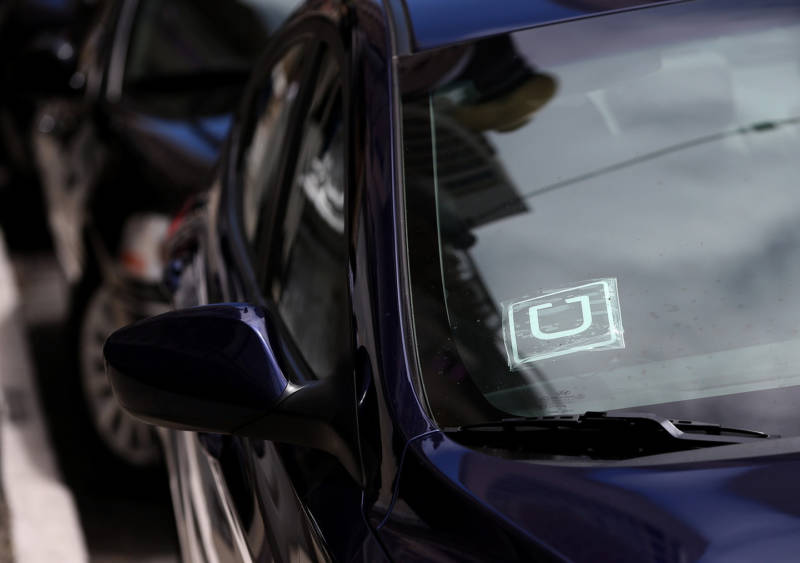A state bill, AB 5, currently making its way through the Legislature, would codify the court decision into law and make those guidelines enforceable.
"Rather than sit and wait for 10 years for further uncertainty with employers and employees, we said let's take it, codify it and make sure everybody understands where they stand," said the bill's author, Assemblywoman Lorena Gonzalez, from southern San Diego.
These changes would mean a big financial hit for Lyft and Uber. If they start being required to classify their drivers as employees, they would have to pay for benefits like health care and workers compensation, as well as allow drivers to form unions.
In a recent opinion piece in the San Francisco Chronicle, Lyft and Uber executives Dara Khosrowshahi, Logan Green and John Zimmer made that financial argument, but also focused on the effects on drivers.
"Reclassification misses two important points: First, most drivers prefer freedom and flexibility to the forced schedules and rigid hourly shifts of traditional employment; and second, many drivers are supplementing income from other work. It’s also no secret that a change to the employment classification of ride-share drivers would pose a risk to our businesses."
They instead suggested that state lawmakers pass regulation requiring the companies to give drivers some of the benefits they would get as employees.
AB 5 and the Dynamex decision do not explicitly require companies to schedule shifts or limit hours.
"It's a time-honored tactic in American politics, when companies are worried about the effect of regulations or changes in government policy on their bottom lines, to talk about the ways that they're responsible for employment and investment in their communities," said Alex Hertel-Fernandez, an assistant professor at Columbia University, who studies businesses' lobbying tactics. "That makes them a lot more sympathetic than if you focus on the effects on profits or on the shareholders."
Uber and Lyft have been using drivers to push that message. Lyft sent an email to its drivers encouraging them to contact their local lawmaker. Uber sent a petition through the app opposing changes to drivers' classification. Drivers have also showed up to legislative hearings to argue against AB 5, often wearing shirts with the companies' logos on them.
Elizabeth — who only gave her first name at a state legislative hearing in February — was wearing a shirt saying “Uber Partner” when she testified.
"I come up with my own hours," she said. "I work 20 if I want to, and I work five if I want to. Nobody tells me when to come and go."

